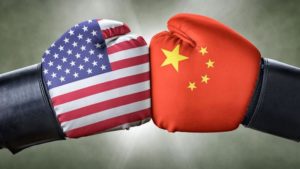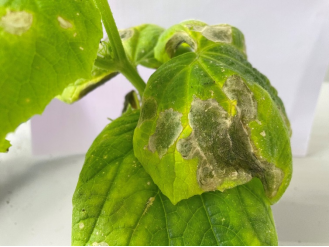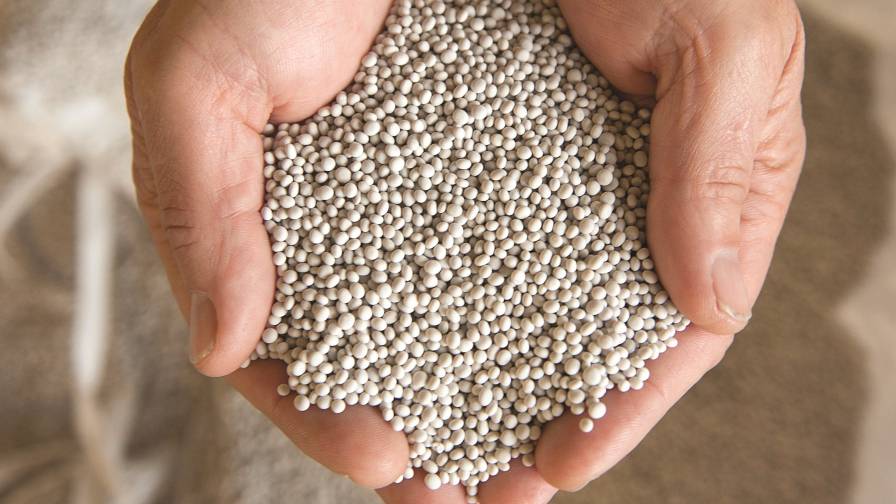U.S., China Trade War Enters New Phase with Increased Tariffs
Given this president’s penchant for communicating through Twitter, maybe it shouldn’t have come as a surprise when he referenced the plan for to increase tariffs on many Chinese exports from 10% to 25%. But @realDonaldTrump declared:
….of additional goods sent to us by China remain untaxed, but will be shortly, at a rate of 25%. The Tariffs paid to the USA have had little impact on product cost, mostly borne by China. The Trade Deal with China continues, but too slowly, as they attempt to renegotiate. No!
— Donald J. Trump (@realDonaldTrump) May 5, 2019
The U.S. President has the right to communicate any way he wants, but when he does what he did on Sunday, says Jim Delisi of Fanwood Chemicals Inc., there needs to be an explanation that clarifies the statements. In this case the clarification came in the form a Federal Registration Notice on Thursday, the day after the president’s tweets.
“In light of the lack of progress in the additional rounds of negotiations since March 2019, and at the direction of the President, the Trade Representative has determined that it is appropriate for the rate of additional duty under the September 2018 action to increase to 25% on May 10, 2019,” according to the FRN.
Before the FRN was released, President Trump’s tweets had done their damage.
According to a Bloomberg report, “It was a total of 102 words that erased about $1.36 trillion from global stocks this week.”

Photo credit: Yahoo Finance.
Delisi explained one “highly unusual” note in the FRN indicated that any material in transit before the deadline is not subject to the increased tariff. What’s not clear is what “in transit” means. For example, if material is being packaged for shipping before the deadline but does not arrive at the pier until after the deadline, is that considered in transit? The answer is not clear. Delisi also suggested that importers make sure they keep track of the original Chinese bill of lading since new bills of lading are often issued at the various ports along the way.
While many importers were willing to absorb the 10% increase that affected 50%-60% of active ingredients coming from China, it will be much harder for them to simply absorb the additional 15%, Delisi says. Many will start looking for other chemistries.
The tariff increase could even have implications for some products labeled “made in the USA” since those products still require intermediates that come from China.
A Chinese negotiating delegation was in Washington to help resolve the issue but apparently backed away from some commitments it had made earlier, which was what prompted the president to share his thoughts on Twitter. The challenge for China, Delisi says is that its economy has begun to falter, while the U.S. economy is “humming along.” That doesn’t mean that China won’t retaliate, but the U.S. can better withstand the increases than can China.






